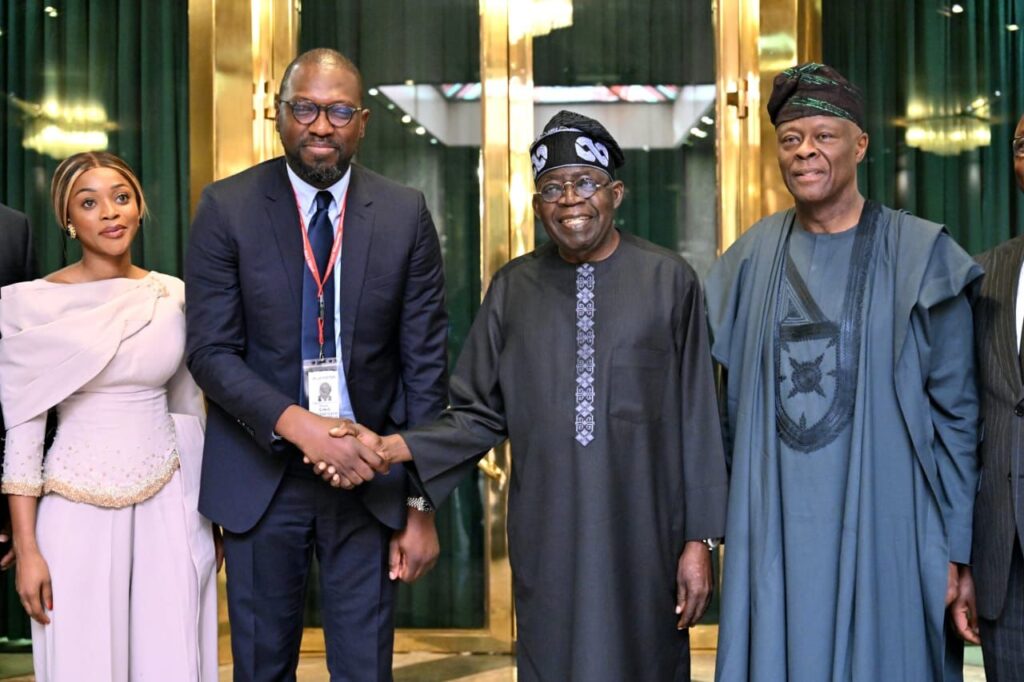The European Union will seek to increase gas imports from countries including the United States while accelerating its transition to renewable energy to reduce reliance on Russian supplies, EU Energy Commissioner Dan Jorgensen has said.
Speaking in a joint media interview, Jorgensen emphasised the need to end payments to Russia for fossil fuels, following Moscow’s 2022 invasion of Ukraine.
The EU has pledged to completely phase out Russian fossil fuels by 2027, yet despite a significant drop in Russian pipeline gas deliveries, imports of Russian liquefied natural gas (LNG) increased last year.
“Instead of using taxpayers’ money, citizens’ money, to pay for gas where the revenue goes into Putin’s war chest, we need to make sure that we produce our own energy,” Jorgensen said, referring to Russian President Vladimir Putin.
To achieve this goal, Jorgensen said Brussels was preparing changes to permit rules to expedite the construction of renewable energy projects. However, he acknowledged that gas would still be needed in certain industries and for home heating, where it cannot be quickly replaced by electricity.
“There will still be the need for gas, and there we will have to find other sources than Russia, and that can also mean bigger imports from the US,” Jorgensen stated. “And then it’s my job to make sure that it is cheap and not Russian.”
The push for alternative gas sources came amid volatility in European energy markets, with benchmark gas prices recently reaching two-year highs.
The EU’s electricity market rules currently link gas prices to retail power prices, meaning that despite rapid growth in renewable energy, gas prices continue to influence electricity costs for European consumers.
Jorgensen confirmed that the European Commission is working on stricter controls of the gas market to prevent speculative trading from causing price spikes.
The Commission plans to propose new financial instruments next week aimed at decoupling retail power prices from high gas costs.
The EU does not directly purchase gas, but the European Commission has been engaging with LNG suppliers and considering investments in LNG export infrastructure abroad to secure more long-term contracts with stable prices, according to draft documents reported earlier this week.
Jorgensen declined to comment on the leaked draft documents, which the Commission is expected to publish next week.
However, he reiterated the EU’s commitment to ensuring a stable and affordable energy supply while reducing dependence on Russian gas.
Under EU law, European gas contracts must end by 2049 to align with the bloc’s climate change goal of achieving net-zero emissions by 2050.
Boluwatife Enome
Follow us on:




 2 days ago
21
2 days ago
21








 English (US) ·
English (US) ·